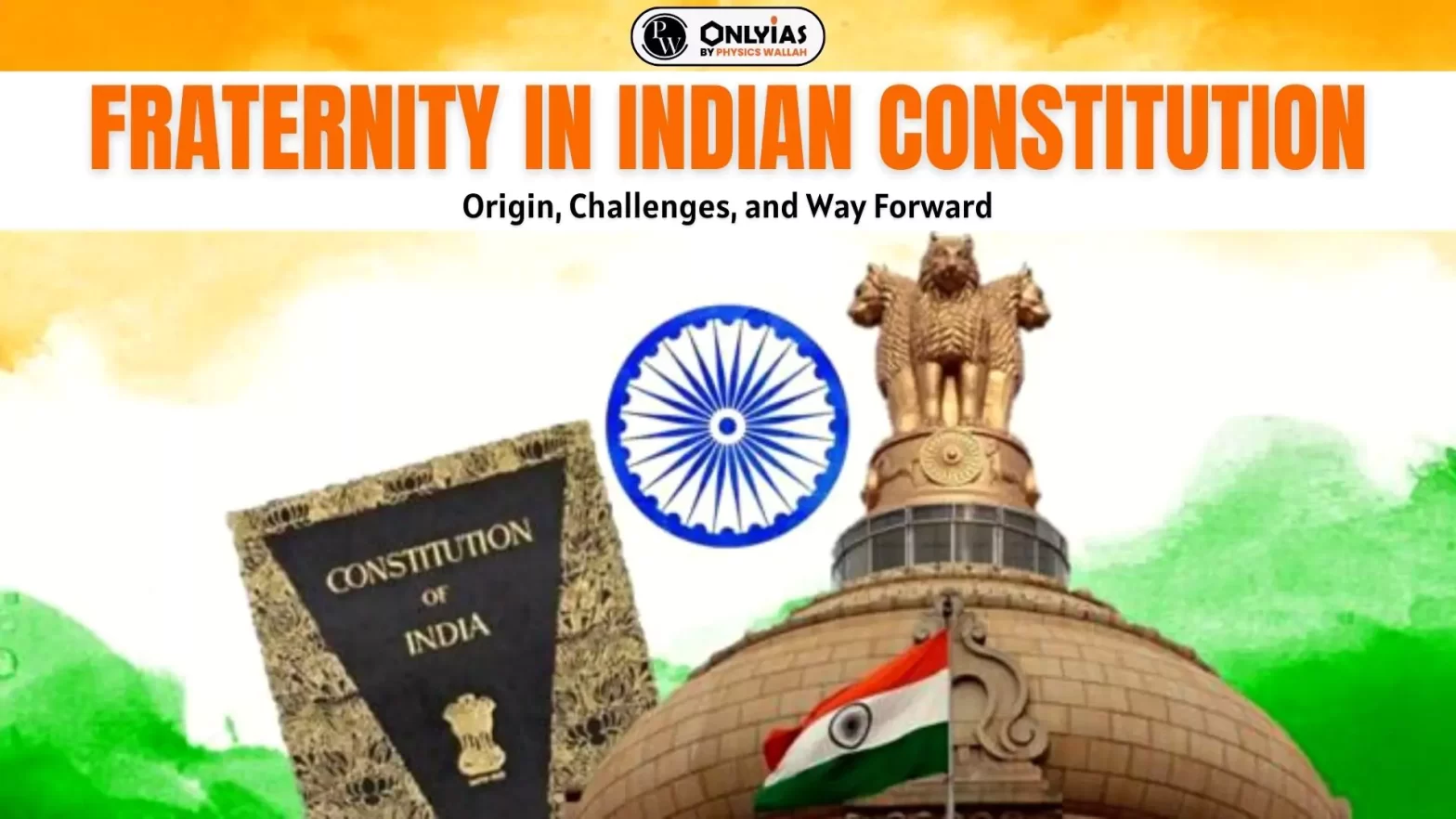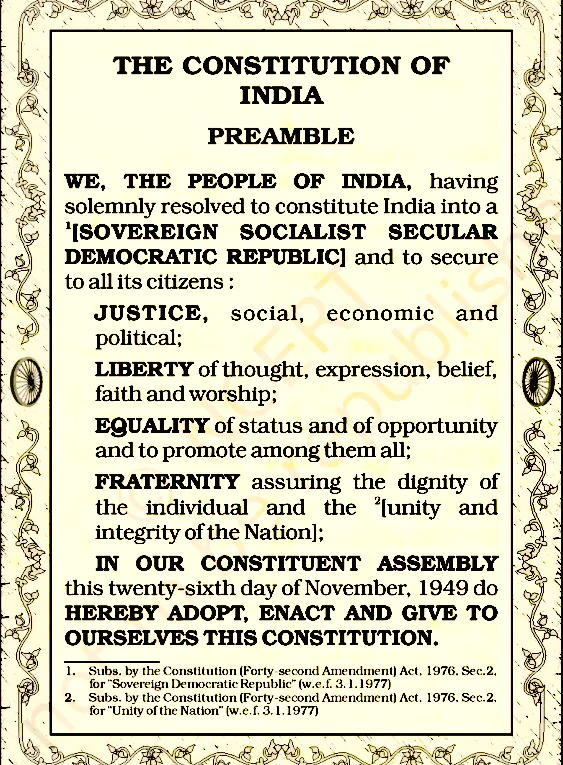![]() 27 Jan 2024
27 Jan 2024
English
हिन्दी

This article is based on the news “Path of brotherhood will ensure India’s progress, says Mohan Bhagwat” which was published in the Hindu. The Rashtriya Swayamsevak Sangh (RSS) chief recently emphasised the importance of fostering ‘bhaichara’ (brotherhood) among people.
| Relevancy for Prelims: Fraternity In India, Rashtriya Swayamsevak Sangh (RSS) ,Constitution Of India, Preamble Of The Indian Constitution, and Republic Day 2024.
Relevancy for Mains: Fraternity in Indian Constitution: Origin, Challenges, and Way Forward. |
|---|
Theory of Justice (1971) by John Rawls
|
|---|

Judiciary’s Role in Promoting Fraternity
Constitutional Morality
|
|---|
Fraternity in Western World
|
|---|
| Must Read | |
| NCERT Notes For UPSC | UPSC Daily Current Affairs |
| UPSC Blogs | UPSC Daily Editorials |
| Daily Current Affairs Quiz | Daily Main Answer Writing |
| UPSC Mains Previous Year Papers | UPSC Test Series 2024 |
<div class="new-fform">
</div>